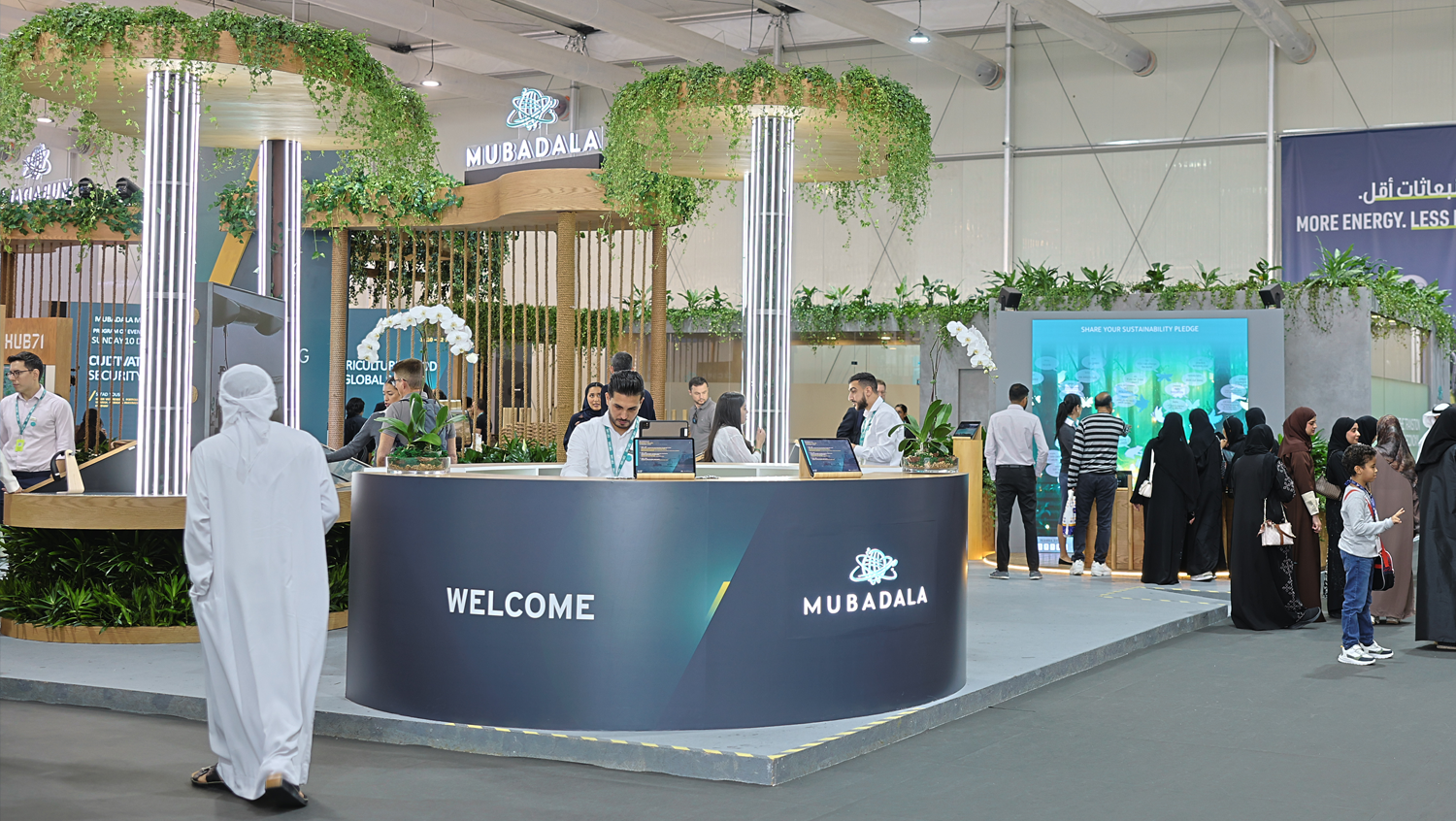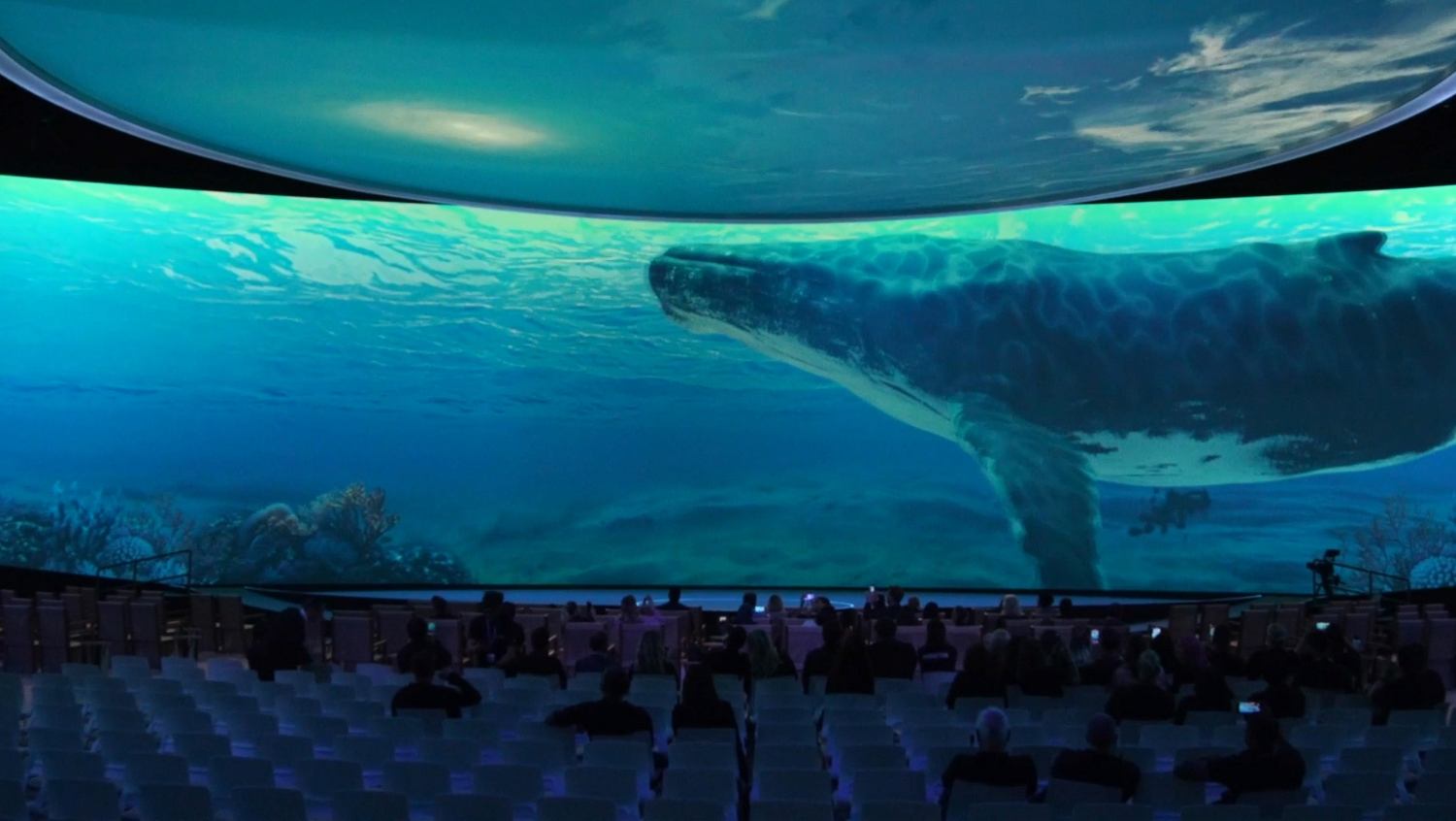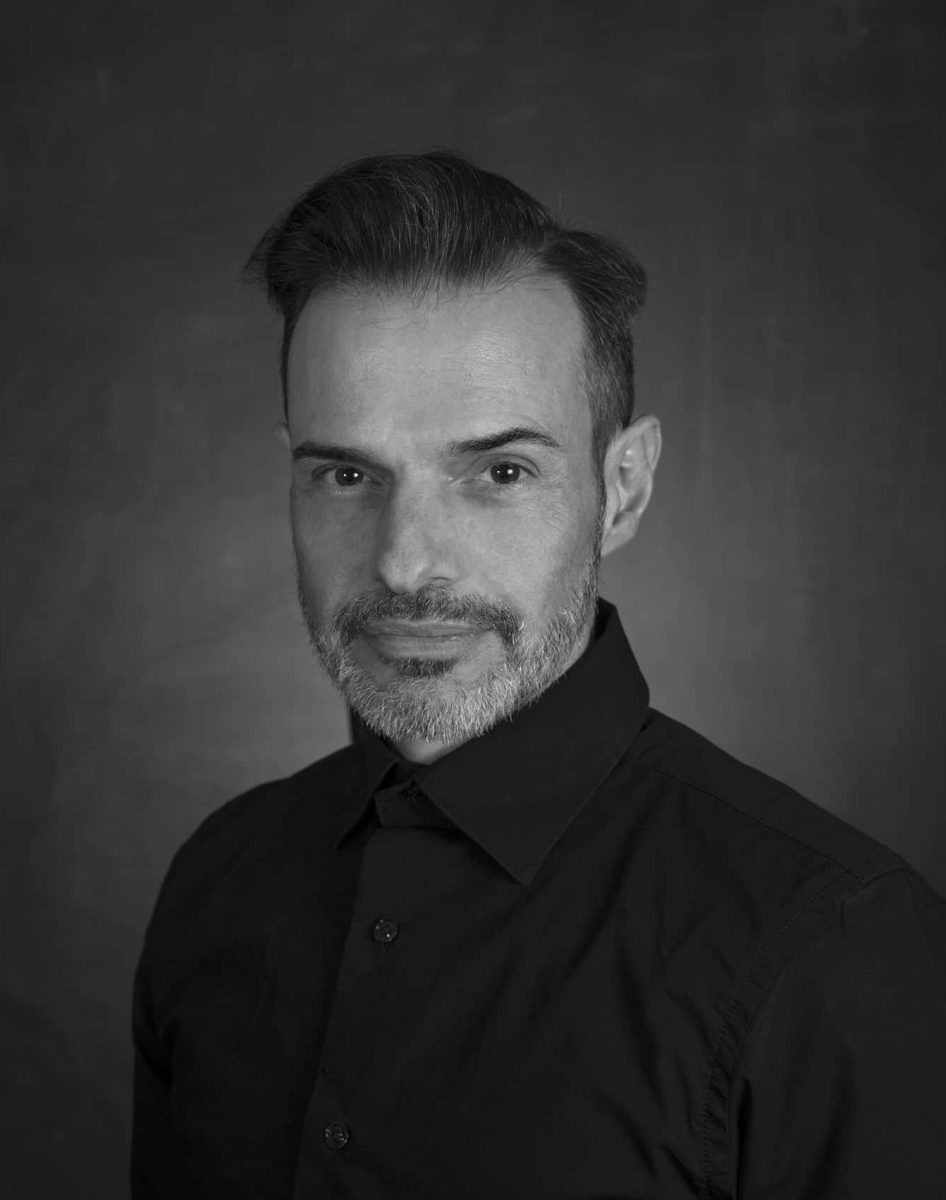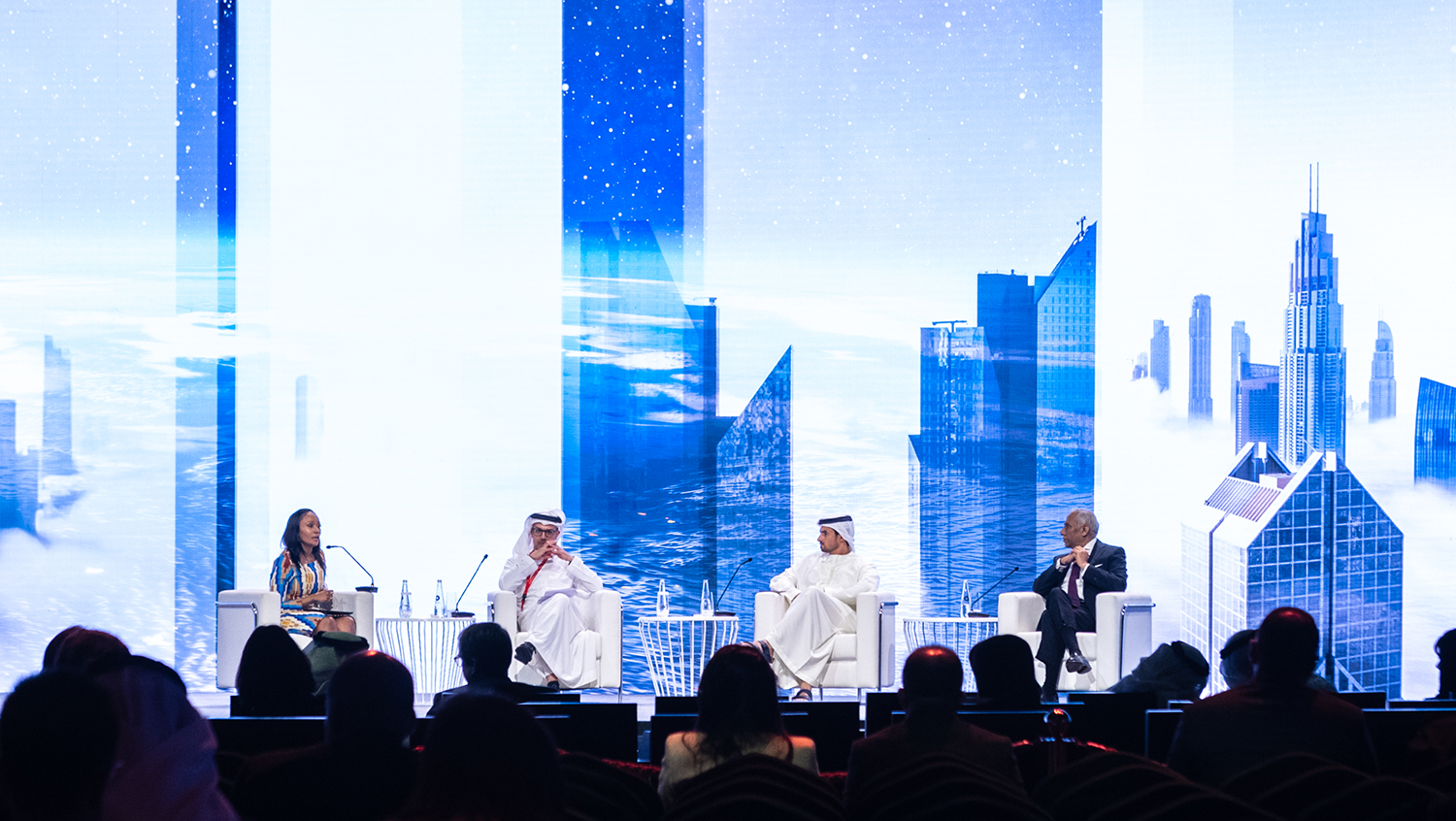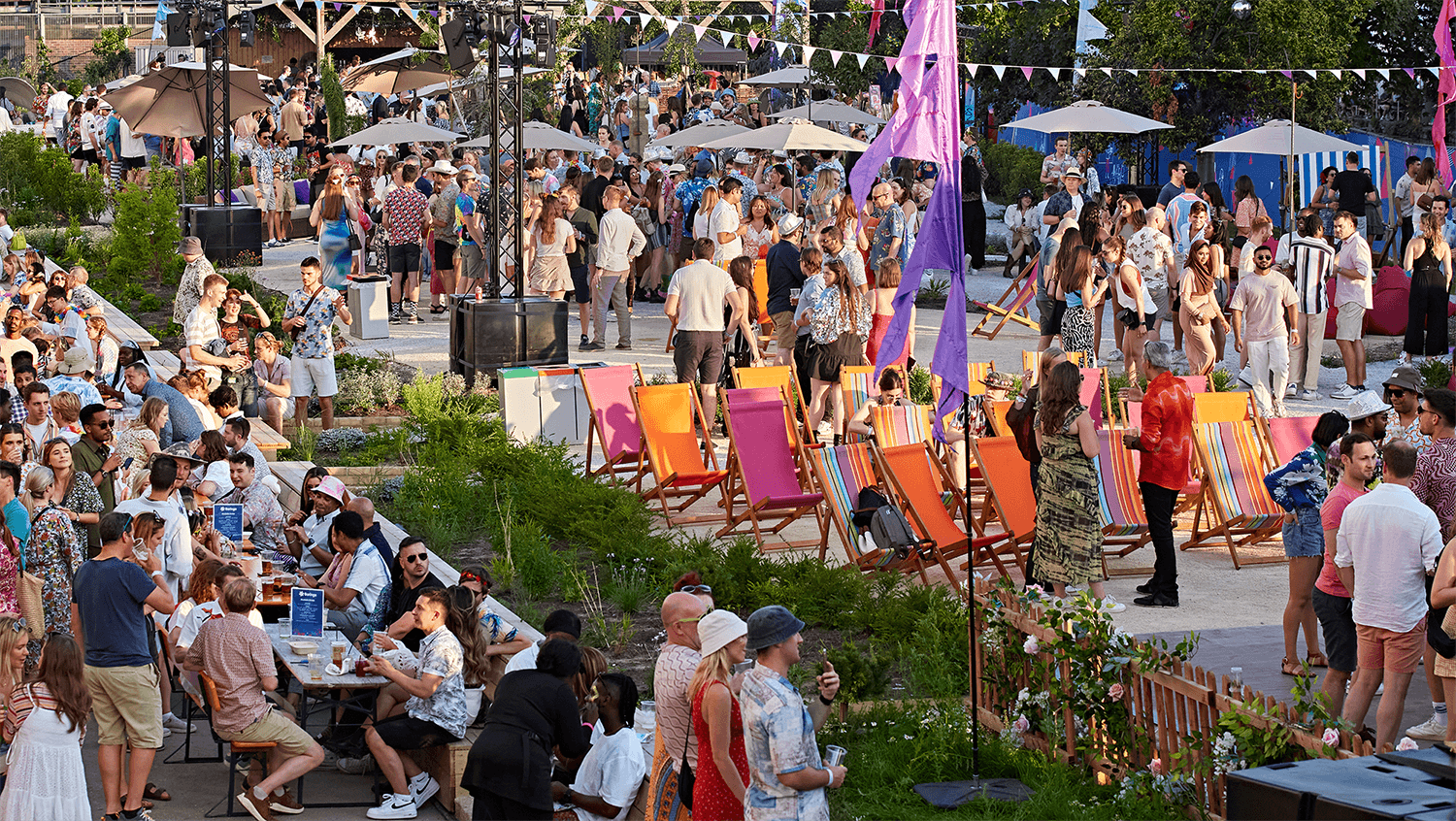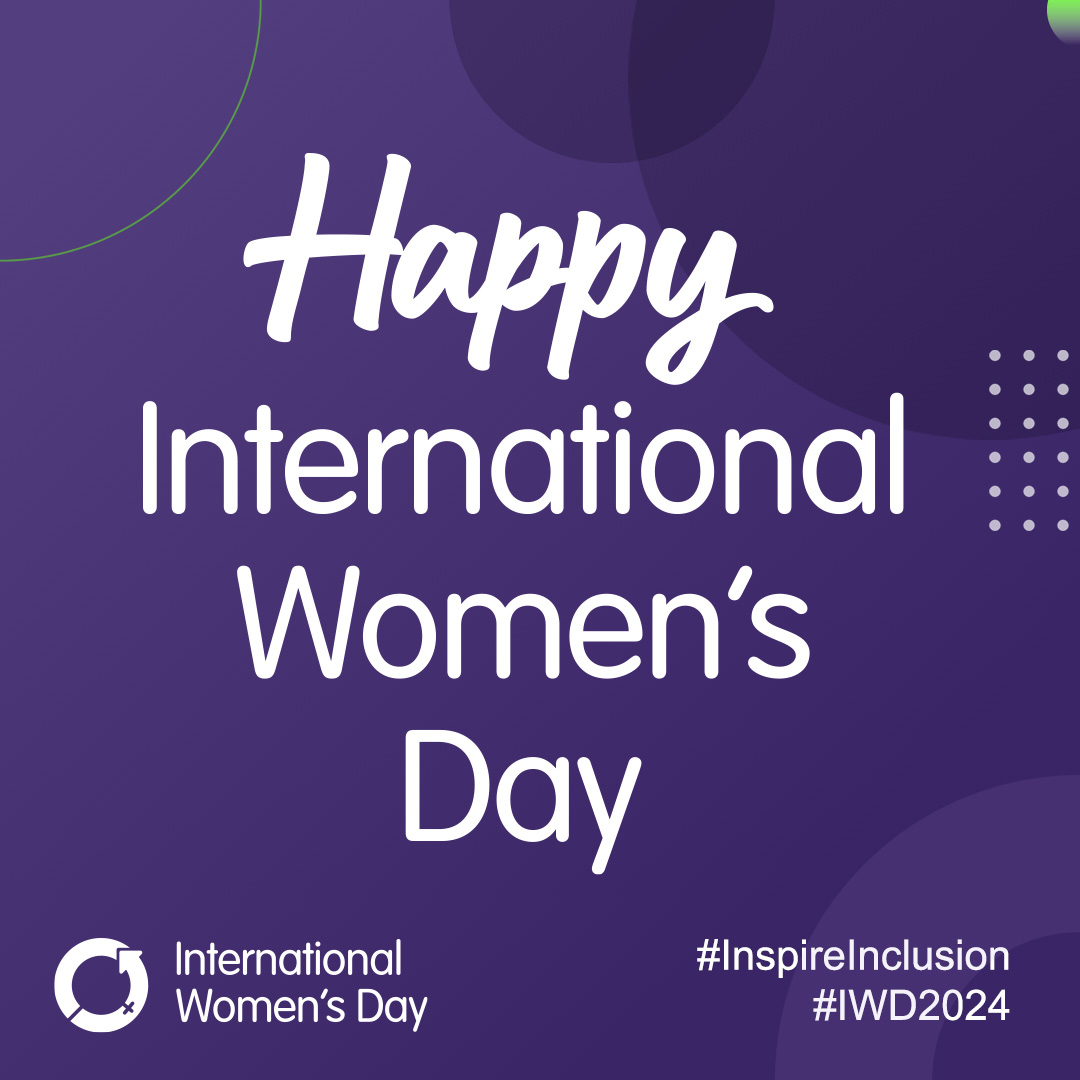How can you engage clients with sustainability?
How can you engage clients surrounding sustainability and change habits as we gravitate towards the new era of live events?
Anna Abdelnoor from isla is on Identify today talking to Michael Gietzen about how we can make live events more sustainable from proposal through to delivery.

You can read the full transcript below or watch the episode here.
MG: Hello, and welcome to Identify the news, views and insights from within the events industry. I’m delighted once again, to be joined by Anna from isla as really, I want to carry on our conversation around sustainability and how that impacts now that tendering process, proposals, the interaction between agencies and our clients.
Um, so the first thing I wanted to pick your brain on Anna is the fact that over the last kind of 18 months or so we’ve done a series of tenders with a variety of different clients. I would say it’s probably about 50/50 that we’re seeing sustainability feature within the tender requirements of which probably 50% of that is scored and 50% isn’t scored, but it’s clearly on their agenda.
So. Flipping it around. If you were talking to our clients, what would you be saying to them around sustainability and how they can start to bring that into their proposals?
AA: Um, so I think the point you’re making there is that sustainability has climbed the agenda quite significantly. And so we’re now looking and seeing brands kind of coming out with their commitments, the race to zero, approaching carbon neutrality, you know, ESG and sustainability reporting and how all of that is kind of becoming part of a brand for a lot of purpose-led organizations and business for goods concepts. So, really a lot of the time there are policies and approaches and procedures and, and, desires that exist within a company but they’re not hitting those kinds of marketing or events positions, yeah. And filtering down to the chain. So. I think one of the things that brands could be doing, where they’re not already is sharing those commitments, showing any policies, any particular sustainability strategies, anything that they can give to their agencies or to their events, supply chain to bolster the expectation that they want to see sustainable propositions. They want to see sustainability embedded in what they’re doing. I think it’s that important piece of, um, considering it as a must-have rather than a nice to have moving forward and particularly as we’re building back better building back green as we come out of the other side of the pandemic, hopefully, and go live later this year.
Yeah. And that’s really interesting. So they’ve got to really, it needs to start forming part of the planning process in parallel with your usual event planning. Yeah, I think we look at it so much that there were mandatory pieces of, you know, the mandatory lines and a budget that we might look at, including health and safety, you know, management fees, all that kind of thing COVID is probably going to find its way, creeping into a line of the budget. COVID planning, COVID secure and so on. So where do we look at kind of, um, allowing sustainability to be part of a line item to make sure that ultimately, we are able to put this, put sustainability at the forefront of what we’re doing in the same way that we look at social sustainability from that health and safety perspective is looking at that people planet profit, um, triple bottom line we may have touched on last time. I can’t remember, but you know, health and safety checks, the social elements. Um, obviously you’ve got your budget, which chuck’s your, you know, profit line and so on and then you’ve got your sustainability, which is your environmental pillar that really, we need to be kind of budgeting for and I think that’s just flipping it around. Um, not just what can brands be asking of their supply chain, but as an agency agencies have an opportunity to, define and identify with their clients, what they want to achieve. You know, one of the key things is if you’re not getting a sustainability proposition from your client, ask for, what’s important to them, ask if they’ve got any of those sorts of things and see how you can bring that into a response to your brief, how can you take you know, the latest statement on their CSR policy and bring that embed that within your creative response and your budgetary response to, to your clients, so that you’re giving them an opportunity to engage in that where they might not be thinking of it themselves in the first instance, but do need to be demonstrating across, um, across all work strings.
MG: You touched on a, yeah, a really relevant point. I was reading an article about COP, um, and they were talking about the postponement of COP by one year could be the best thing that happened to the environment because this business builds back better than exactly. That that COP is high on the agenda. Um, and particularly for UK businesses and global businesses that you can build back after the COVID in a sustainable way. And therefore, you know, you touched on a point actually that I even made a note, which was just around the fact that. I think clients should be aware to the fact that we need to start seeing sustainability as a line item in budgets. And it’s a shared responsibility. I think that the agencies themselves should be innovating in this space should be proactive in this space and make sure he is on the agenda but the actual solution probably a shared one.
AA: Yeah, and it needs to be supported by the brands and by their clients. You know, you need that buy-in from, from the stakeholder, essentially you can put the best propositions in the budget, but if you’re not prepared to engage with that, then it makes it incredibly different, difficult for agencies and supply chains to push those solutions through.
So yeah, it’s absolutely a shared and collaborative response and it’s, it’s something that is a, is a must-have, it’s not a nice to have anymore.
MG: Yeah, agreed. Agree 100% with them. So. Any recommendations around embedding this into any proposals that we’re doing? I mean, you’ve covered off some but are there any other recommendations you would make for embedding it in?
AA: I think, um, in terms of how you’re better it needs to run as a core strain throughout everything that you’re doing. So when you’re looking at your creative, I think when we kind of apply that, um, it’s not always about waste, but the zero waste hierarchy starts with the concept of rethinking, refusing and redesigning and that’s something that we should be doing across all of our event response from a catering perspective to the logistics, to how we’re, you know, bringing in our crew where we. Where we’re supplying things from how we’re building it, what are our 3d environmental designs and so on to rethink the question of what kind of impact does this have?
What is the legacy that we are going to leave as a result of this? Is it going to be something that leaves no trace? Is it going to be something that ends up in a trash compactor and then it’s being incinerated because if that’s the case, how can we rethink that? How can we reduce, um, reduce that so that, so that rethink, refuse, redesign concepts should be embedded across everything that you’re doing and should be the first point of call that you go to when you’re building out your budgets, putting your creative proposals together, making your contract, uh, engaging your contractors and asking your brands, as sorry, as a brand, asking your agencies to do that, you know, how can you help us elevate and innovate, um, what we need to do?
MG: Yeah. We’re seeing that absolutely more and more now. Um, and rightly so, and I think the onus should be on us as we, as I made for, as we innovate in this space, I also think it’s, um we’ve been working with isla for a while now. We’re really proud of the partnership that we have with you guys and I think you’ve taught us some really great, valuable lessons and for me, what has changed my whole outlook is the fact that reduce, really think about that is, is, is, do you even need it in the first place? And that’s, that’s, that’s something that isn’t very natural to an agency in, particularly in the creative space, because sometimes some of the things are superfluous to, to what is required. Um, and then the second thing really is just around the fact of refusing. Refuse to take the status quo or the normal or whatever is being done there and challenge what it is you’re doing. So really pleased with what we’re, what we’re doing. Lastly from me. Um, isla is almost starting a revolution may be in the industry but certainly are making change for good what isla do around sustainability and environmental impact is amazing. It is a collaborative network, and so it needs both the client-side and agencies to get involved. We’ll put a link up in the post above, um, but please go visit their website to find out more. And also if you’ve got any comments about today’s chat, please leave a comment below. Anna.
Thank you very much for your time again. Thank you everyone else. Great to chat. Cheers. Bye. Bye.



